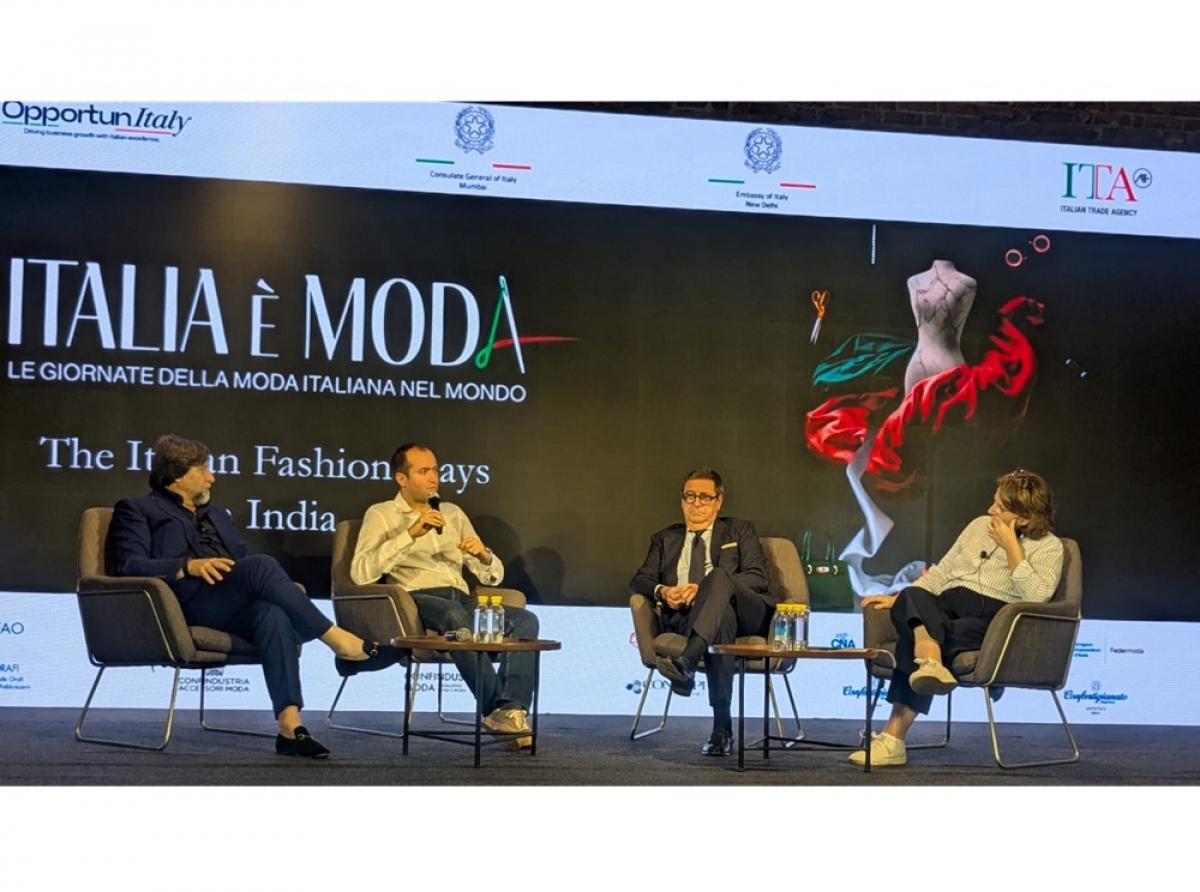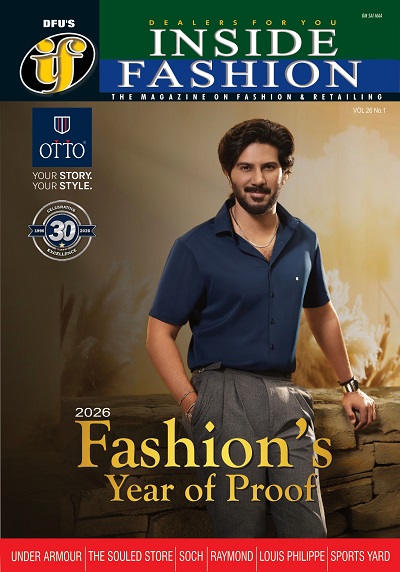The Heritage Reset: Italian brands recalibrate ‘Made in Italy’ for India’s Gen Z

01 November 2025, Mumbai
The global prestige of ‘Made in Italy’ is undeniable, but at the recent Italian Fashion Days summit, industry leaders faced a crucial question: how do you sell centuries of heritage to a new generation of consumers in India who prioritize authenticity, relevance, and functionality over mere status? The consensus: tradition must undergo a "heritage reset."
Beyond Status: The demand for meaning
The panel discussions highlighted that the new Indian consumer base, particularly Gen Z, is driving a cultural shift away from simply buying luxury for external validation.
This generation, rapidly coming of age in a dynamic, developing economy, is instead looking for clothes that offer a genuine "research of a meaning"
For Italian fashion houses, this means the connection between their legacy and the final product must be clear, practical, and functional.
As one of the panelists noted, heritage can and should help provide this meaning, but brands need to be unafraid to link their history to modern practicality.
The strategic pivot to the middle class
This understanding of the new market is translating directly into evolving business strategy. Brands like Trussardi are showing how to adapt the Italian vision to meet this demand at scale. “Recognizing the immense potential of India’s emerging middle class, Trussardi is strategically targeting this segment.
Our plan involves introducing accessible products, such as denim and lingerie, priced at less than €200”, emphasized Alberto Racca, CEO of Gruppo Mirolo and Trussardi.
This approach recognizes that the aspirational middle class seeks "some kind of satisfaction and affirmation" through clothing. By offering quality Italian design at this price point, brands facilitate a tangible connection with the 'Made in Italy' experience, cultivating future high-end consumers.
Functionality as the new legacy
The panel concluded that the key to unlocking this market lies in reinterpreting heritage not as a static museum piece, but as a commitment to relentless innovation.
This means tying the historic "Made in Italy" stamp to modern virtues of practicality and hyper-functionality.
Whether it's the craftsmanship of a high-end suit or the performance of technical outerwear, the product must justify its existence with performance.
This cultural and strategic pivot ensures that Italian fashion remains relevant and resonates with a young, educated, and demanding global audience.
The insights shared by industry leaders like Matteo Marzotto, President of Minerva Hub, Antonio De Matteis, CEO of Kiton and President of Pitti Immagine, Giacomo Tonelli of Minerva Hub, Claudio Marenzi, President of Herno and Montura and Alberto Racca, CEO of Gruppo Mirolo and Trussardi during the panel discussion, on Day 2 in Mumbai as part of the broader 'Italian Fashion Days in India' (Le Giornate della Moda Italiana nel Mondo).
This three-city initiative (New Delhi, Mumbai, and Ahmedabad), held from October 28-30, marks a significant new step in the strategic partnership between Italy and India and is a key component of Italy's "Diplomacy and Growth Strategy."












